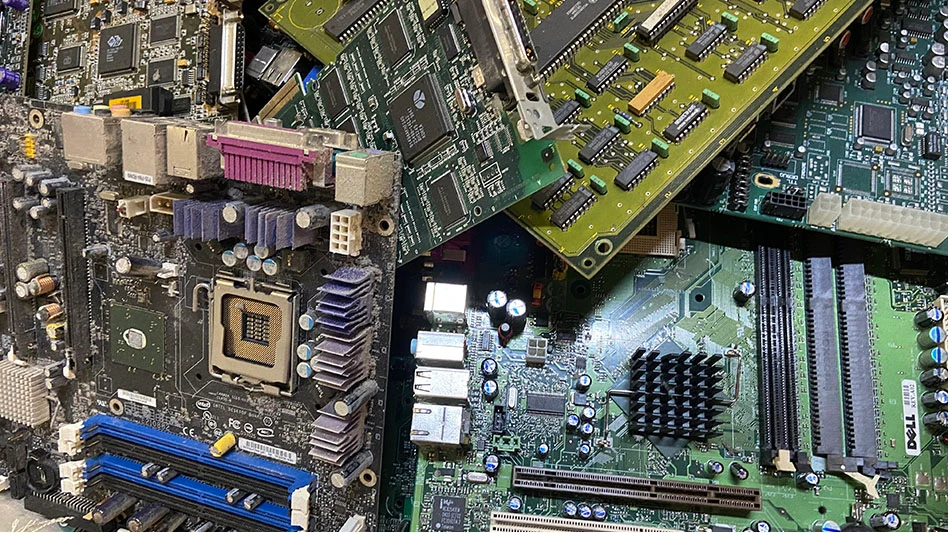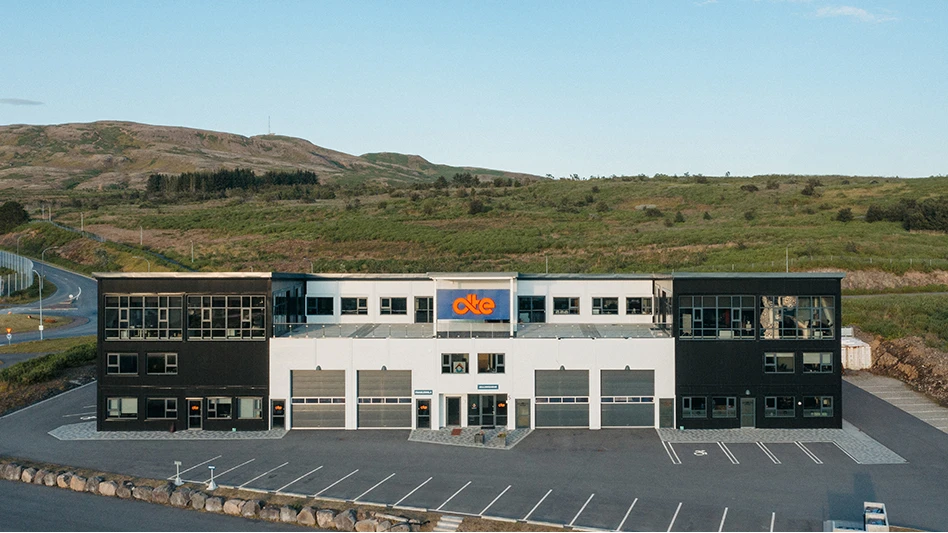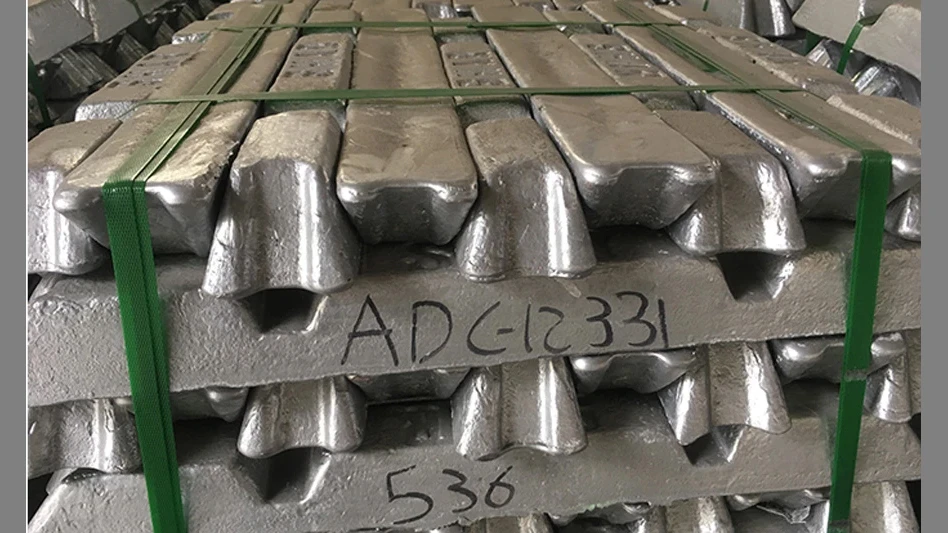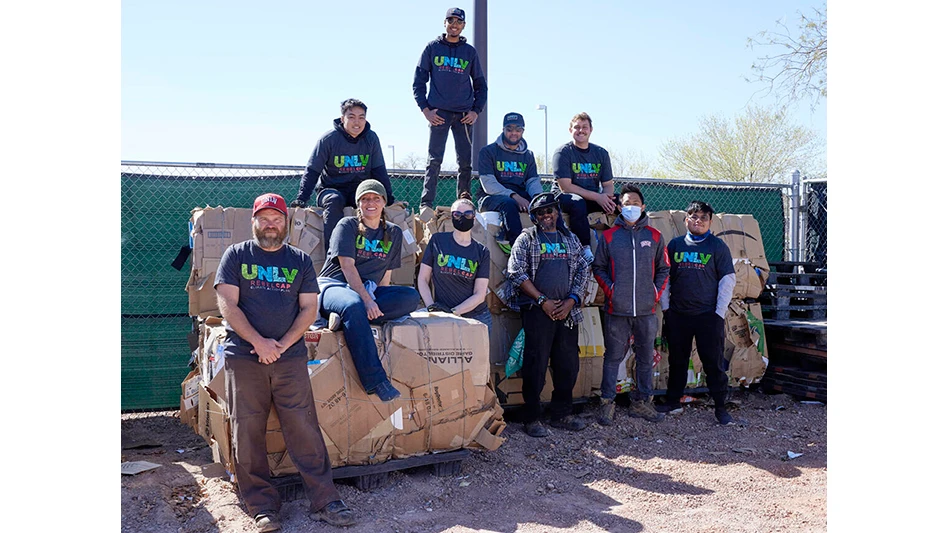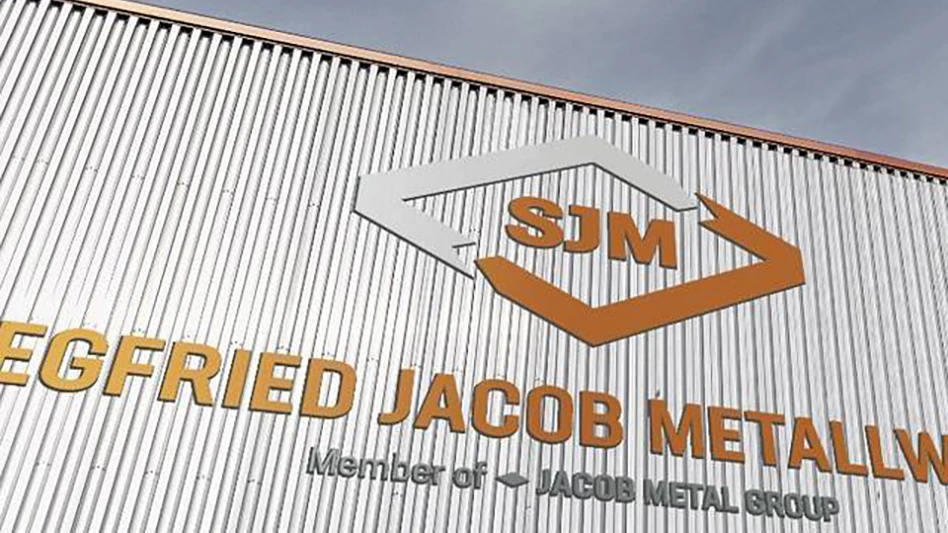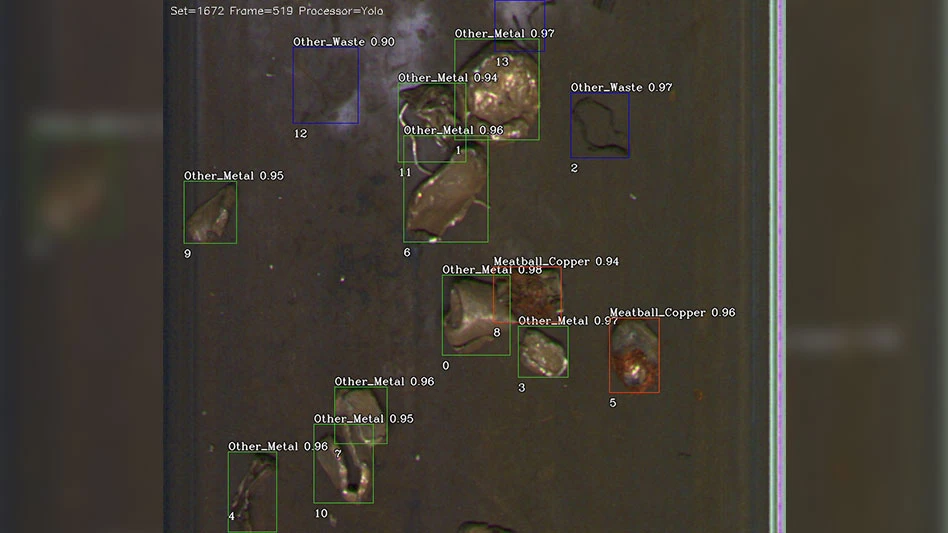
Photo by Recycling Today staff.
Steel producers and the government of India seem largely aligned in efforts to invest in that nation to maximize metals recovery from end-of-life vehicles (ELVs).
Shredding auto hulks has long been the dominant processing method for ELVs in Europe and North America. Initial investments in India, however, point to a significant role for ferrous shears and balers in the process.
In much of the world the old “auto bundle,” or baled auto hulks that decades ago traded as No. 2 dealer bundles in the United States, have faded away as a traded grade. (This is not to be confused with auto factory bundles, a higher grade of scrap comprised of baled auto component plant stampings.)
Might developments in India cause the baled auto hulks grade to re-emerge?
In August of last year, New Delhi-based Tata Steel commissioned its first ferrous scrap shredding and recycling plant, located in the city of Rohtak in the state of Haryana, India, in the northern part of that nation.
As it did so, the steelmaker also launched two new brands of ferrous scrap known as Tata FerroBaled and Tata FerroShred, tied to the sale of the baled and shredded ferrous scrap produced at the Rohtak facility, which has 500,000 metric tons per year of processing capacity.
The steelmaker says its Tata FerroBaled and Tata FerroShred brands will offer “high cleanliness, low contamination, high bulk density, lower tramp elements and no radioactivity” and shipments will be accompanied by test certificates, calling that “another first for the scrap industry.”
In November of last year, a ceremony in Noida, India, near New Delhi, was held to inaugurate another ELV disassembly and processing facility. This one is being operated by a joint venture (JV) company called Maruti Suzuki Toyotsu India Private Ltd. (MSTI).
That 10,990-square-meter (118,000-square-feet) facility, at least initially, does not include a shredding plant. Instead, JV partner MTSI says the facility “uses modern and technologically advanced machines to dismantle and scrap ELVs in a scientific manner.”
A graphic image depicting operations at the MSTI Noida facility, posted to the Maruti Suzuki website, shows vehicle disassembly and metals baling operations. It does not indicate the presence of a shredding plant. The plant nonetheless has the capacity to scrap and recycle more than 24,000 ELVs annually, says MSTI.
At the opening ceremony, Naoji Saito, CEO of Toyota Tsuho’s Metal Division), remarked, “Recently we have run environmentally friendly ELV dismantling and recycling businesses in several major countries of the world. Our experience of over 50 years in Japan helped in these projects. Now we will achieve the best practice for ELV recycling and contribute to the circular economy in India by combining our experience and equipment made in India.”
A decision to engage in more dismantling and less shredding in India could have several underlying reasons. Labor is generally more available for dismantling in the Indian subcontinent compared with Europe or North America.
Emissions reduction and environmental reasons also could be playing a role. Shredder emissions are under scrutiny in Europe and the United States, a circumstance Indian environmental authorities likely are aware of as they combat ongoing air pollution problems in that nation.
Stated Yogesh Bedi, who leads the Steel Recycling business unit of Tata Steel, at a late 2021 online event hosted by India-based SteelMint, “In this carbon-conscious world where carbon emissions are a big ‘no’ and climate change is of concern, recycling is going to be important. Any opportunity related to recycling should be considered going forward. Scrap is becoming an important future raw material.”
Get curated news on YOUR industry.
Enter your email to receive our newsletters.
Latest from Recycling Today
- RMDAS prices portray November stability
- Toyota, GM announce plant investments
- Greenwave reports loss, seeks to maintain Nasdaq listing
- ERI, ReElement Technologies partnership targets rare earth elements
- Aduro Clean Technologies achieves third-party validation for its technology
- Sortera Technologies receives funding for Tennessee aluminum sorting facility
- EU official backs aluminum scrap export restrictions
- Midwest freight rail shippers to meet next January
